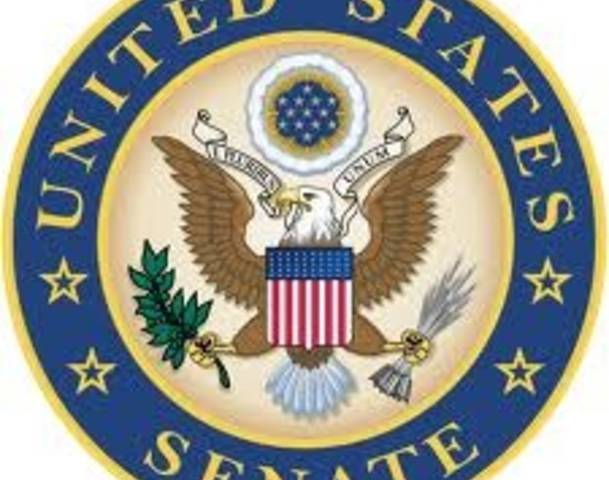The Disclose Act vote today: Legislation to prevent anonymous campaign donations

The measure, known as the DISCLOSE Act, died in a 51 to 44 vote on a procedural motion. It needed 60 votes to move forward, according to the Washington Post.
The Senate is debating The Disclose Act now. View c-span live coverage
http://www.c-span.org/Live-Video/C-SPAN2/
Corporations and special interests are trying to buy elections with secret donations. The Disclose Act would force them to reveal their political spending and cut down on the unlimited special-interest influence flooding campaigns. Americans deserve to know the funders behind the TV ads flooding the airwaves.
What is the DISCLOSE Act?
H.R.5175 - DISCLOSE Act: To amend the Federal Election Campaign Act of 1971 to prohibit foreign influence in Federal elections, to prohibit government contractors from making expenditures with respect to such elections, and to establish additional disclosure requirements with respect to spending in such elections, and for other purposes. The legislation was introduced in the House by Democrats Holland and Schumer in 2010.
The Senate will be voting on the DISCLOSE Act today. When the vote happens, an update will be posted here.
In 1972, W. Clement Stone gave more than $2 million to President Nixon’s re-election campaign. The Watergate break-in was financed with secret campaign contributions. Is this where the American people want to go again? Fat cats gave cash for ambassadorships and corporations for special treatment. The scandal led to landmark campaign finance reforms of 1974.
In 1974, Congress passed campaign finance reform measures as a set of amendments to the Federal Election Campaign Act. The measures were further-reaching than anything being proposed in the federal government today. The amendments imposed limitations on: (1) individual and PAC contributions to a candidate for federal office; (2) expenditures by candidates from personal or family resources; (3) overall campaign expenditures; and (4) independent expenditures.
Soon after these amendments were passed, a coalition including Sen. James Buckley of New York, Democratic presidential candidate Eugene McCarthy, and the New York Civil Liberties Union filed suit in federal court charging that the new provisions were unconstitutional. The plaintiffs argued that “limiting the use of money for political purposes constituted a restriction on communication violating the First Amendment, since virtually all meaningful political communications in the modern setting involve the expenditure of money.”
The U.S. Supreme Court upheld the constitutionality of limits on individual and committee donations to candidates. The Supreme Court decision Buckley v. Veleo defined money as free speech. However, it declared that mandatory limits on candidates spending of their own money, limits on independent expenditures, and limits on total campaign spending constitute violations of the First Amendment.
The Court did, however, rule that campaign spending limits could be imposed in exchange for candidates’ voluntary acceptance of public financing.
The corrosive power of big money in politics is about to happen in the Senate today. A cloture vote, which is aimed at killing legislation, is scheduled on the legislation that would require the disclosure of donors, who can come from foreign countries, pumping tens of millions of dollars into this year’s presidential and congressional campaigns.
Not a single Republican in the chamber has expressed support for the bill, known as the Disclose Act, meaning it will probably die for this session. It should be interesting to hear how the Republican senators justify this monumental concealment of anonymous campaign cash.
Get Involved
If you'd like to help with maintaining or developing the website, contact us.
Publish
Publish your stories and upcoming events on Indybay.


